Although the Chinese regime’s crackdown on independent candidates for the People’s Congress has escalated, the surge in independent candidates demonstrates China’s budding democracy consciousness.
2011 has been an election year for deputy positions in the People’s Congress at district, township, and county levels in China. The surge of independent grassroots candidates, many of whom have promoted themselves via microblogs, has garnered much domestic and international attention. However, the regime has been suppressing these independent candidates like never before.
He Huahui, Deputy Secretary of the National People’s Congress (NPC) Standing Committee told Chinese media, this year 900 million citizens will vote for county level candidates, and 600 million for township level. According to statistics published in November, in the six provinces that have finished their elections, voter turnout was 90 percent. In Beijing alone, nine million people voted.
China’s election law stipulates that any Chinese citizen over 18 years of age can participate in the election and be elected as deputy to the local People’s Congress, as long as he or she can get at least 10 endorsements in their local district.
However, the communist leadership became nervous after several dozen people proclaimed their independent candidacy online. The head of the Commission for Legislative Affairs of the NPC Standing Committee stated in June, “there is no such thing as an independent candidate, as it’s not recognized by law.”
Yao Lifa, who was elected as a local People’s Congress deputy back in 1998 and has been advising others to run as independent candidates in China’s local elections, told New Epoch Weekly the number of independent candidates this year is the largest ever in Chinese communist 62-year rule. Yet, this year the communist party has escalated its crackdown on independent candidates.
In early November, before the local elections in Beijing, Yao said police came to take him away at 7:30 a.m. every day, and wouldn’t let him go home until 10 p.m.
Sun Guangwen, a retired professor from Shandong University who ran for People’s Congress deputy at Lichen District in Jinan City, Shandong Province, told Sound of Hope (SOH) Radio networks that on his district’s election date, Dec. 12, about 20 domestic security police showed up at his doorstep in the morning to block him from casting his vote. Earlier, on Dec. 9, Shandong University authorities confiscated his home of 26 years.
Sun said that the oppression began on day one after he announced his candidacy. Local authorities destroyed his promotional materials and posters, sent police to stop him from entering the campus, and threatened his supporters with forced labor terms.
Beijing police have taken nine independent candidates into custody and “disappeared” some of them in September. Some independent candidates said their names were erased from the ballot; some candidates’ websites and personal social media sites were shut down just prior to the elections.1
Voice of America (VOA) reported a story from Japan’s Sankei Shimbun, how one candidate lost her chance of running for office: the local election committee told her that they were out of candidate application forms—even before the deadline for submitting an application.
Of the 60 independent candidates in November’s local Beijing elections, none won a place.
On Nov. 15, one day before the elections, Zhang Dejin, from Shunchang County in Fujian Province, was told that his candidacy was canceled. In the few days before and after the elections, police closely monitored his residence.
As of now, only one independent candidate has claimed victory. In late September, Guo Huojia won a landslide victory in Nanhai District of Foshan City, in the relatively more liberal Guangdong Province. But local police summoned him immediately afterwards, according to VOA.
“Only a very insignificant number of independent candidates can win in the local elections, so they can’t really make an impact at all,” Ling Feng, a political and social commentator now living in Taiwan, told SOH.
But the surge of independent candidates demonstrates China’s budding democracy movement. And this year the communist Party is especially scared because of the changes taking place in Middle Eastern countries, where people didn’t used to have the right to vote, but are now starting to enjoy that privilege, Ling said.
The sheer increase in the number of independent candidates could lead to more demands for democracy and the threat of a jasmine revolution. There were about 100 independent candidates this year. The numbers could multiply and build up an explosive momentum that is too much for the communist party to handle, Ling added.
1 http://www.epochtimes.com/gb/11/9/16/n3374765.htm
http://www.voanews.com/chinese/news/20111108-CHINA-ELECTIONS-133471733.html
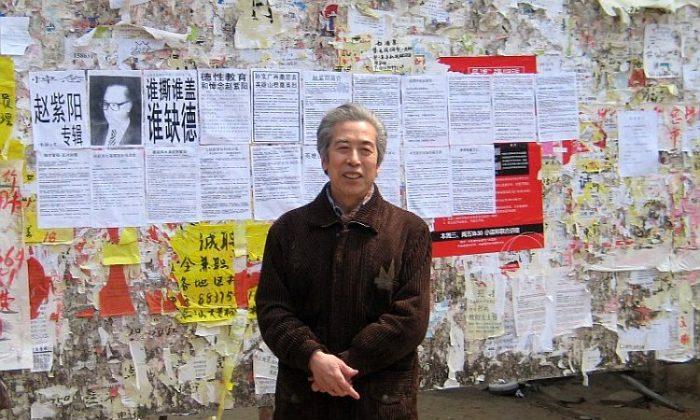
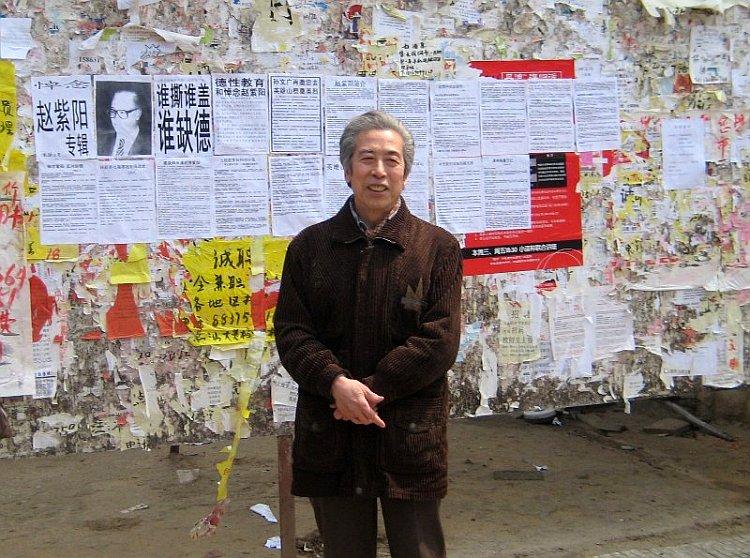
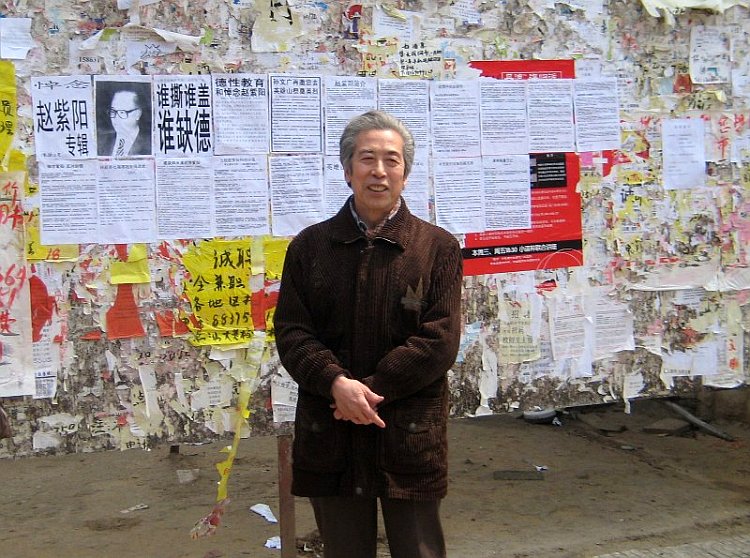


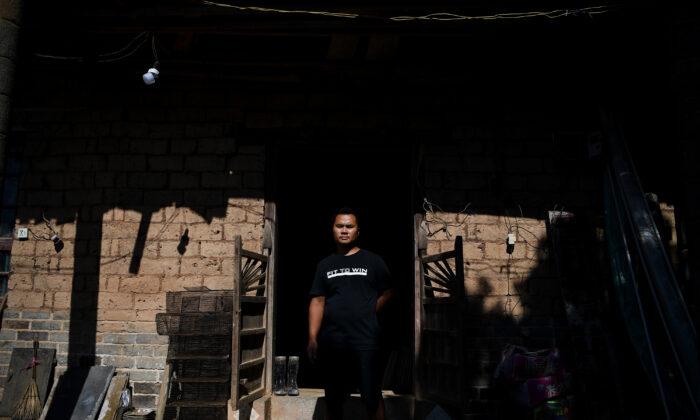
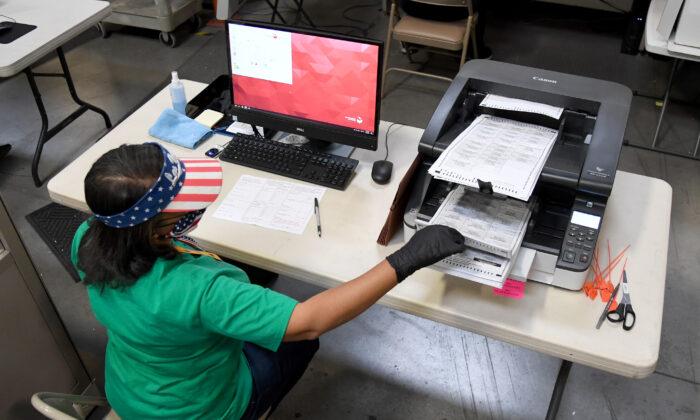
Friends Read Free